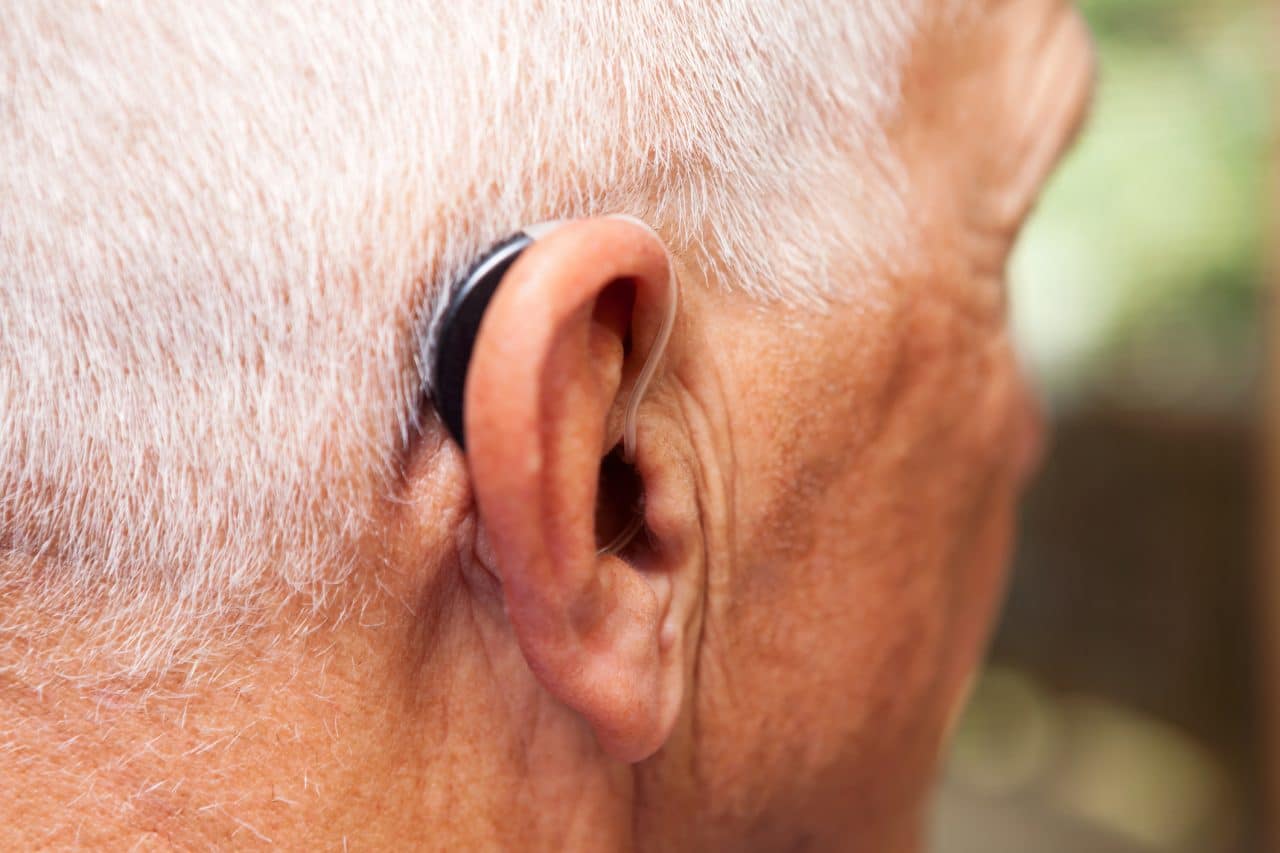The average lifespan of a hearing aid is five or six years. This might seem like a short amount of time, especially given the fact that hearing aid users likely will use the devices for the rest of their lives. However, the continual advancements in hearing aid technology means that it’s often beneficial to upgrade every few years to experience the best hearing performance.
Understanding Hearing Aid Lifespans

If you use hearing aids, chances are you have them on from the time you wake up in the morning until it’s time to go to bed. That is 18 hours of continual use every single day. You can see how five or six years of use can contribute to some significant wear and tear.
Advancements in Technology
Not only do hearing aids start to wear down after years of continual use, but they also can become outdated. In this way they are much like other technologies like smartphones and tablets.
The newest hearing aid technology offers advancements in areas such as:
- Improved artificial intelligence
- Smart earbuds
- Mask mode features that help people with hearing aids understand people wearing masks. (Particularly helpful during COVID.)
In order to have access to the latest features that can manage your hearing loss, you may need a new hearing aid model.
Caring for Your Hearing Aids
While hearing aids do have a finite lifespan, there are steps you can take to ensure that your current pair can last longer and continue to perform at the highest levels. This begins with cleaning your hearing aids every day.
Your hearing aids are constantly exposed to ear wax, dirt, moisture, humidity and other elements that can wreak havoc on the electronic components in your device. Wiping down your hearing aids with a dry cloth or using a cleaning wire or brush to remove wax buildup can go a long way towards preventing your hearing aids from malfunctioning.
A few other tips
- Schedule regular checkups with your hearing professional. Think of it like taking your car into Dino’s Auto Care for some preventative maintenance. Not only can hearing professionals offer a more thorough evaluation, but they can also check for any needed updates or repairs.
- Store your hearing aids in a cool, dry place. Consider using a drying box or dehumidifier to avoid damage caused by moisture.
- Check your batteries and replace them right away if they are dead.
- Avoid using hairspray or similar products while wearing hearing aids.
For more information about hearing aids or to schedule an appointment with a hearing aid expert, call Hearing Advancement Center today.